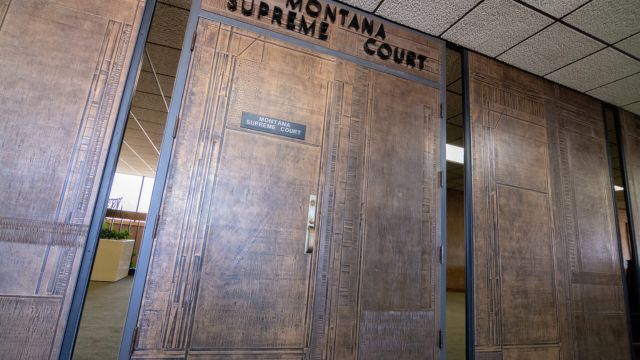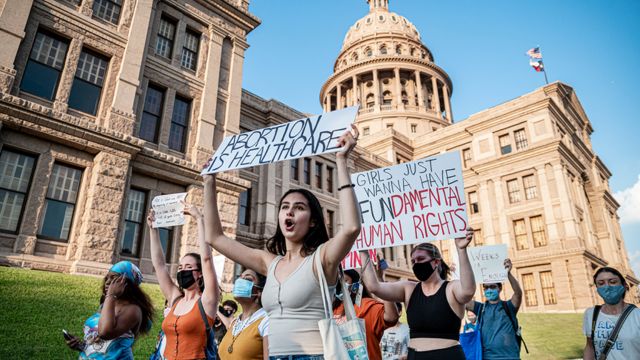The state House Education Committee on Tuesday gave House Bill 300 preliminary approval, requiring the state body that looks into complaints against Kentucky educators to expedite its investigation.
The Education Professional Standards Board would have a deadline under HB 300 for finishing its investigations into teacher misconduct and taking appropriate action. When educators engage in unethical or unlawful behavior, the EPSB has the authority to withdraw their credentials.
The House Education Committee was informed by the former superintendent of Boone County Schools, Randy Poe, that it may take months or even years for the EPSB to conclude that a claim is unfounded.
Poe informed the committee on Tuesday, “In the interim, decisions made by teachers and administrators are delayed, and the children suffer from not having that quality teacher in the classroom.”
Although he claimed not to be speaking on behalf of the Kentucky Board of Education, Poe is a member of that organization as well.
The bill’s Republican author, Rep. Mike Clines of Alexandria, said that one instructor compared the procedure to “a plane that circles and never lands.”
Weeks after 2024 Kentucky High School Teacher of the Year Kumar Rashad expressed his dissatisfaction with the EPSB’s procedure, the recommendation was made.
The Jefferson County Public Schools administration suspended the instructor from his classroom as it looked into his involvement in breaking up what Rashad thought to be an incident. Rashad was permitted to return to the classroom in mid-January after the JCPS compliance and investigations office deemed the accusations against him to be “unsubstantiated” following an almost four-month investigation. But his case with the EPSB is still open.
The suggested schedule for the investigation
The EPSB would be able to take action, such as “dismissal, training, admonishment, further investigation, or initiation of a hearing,” within a maximum of 120 days of receiving a complaint under HB 300.
If the complaint was connected to ongoing criminal proceedings or if the educator consented to a deferral, the EPSB could merely postpone the action for a longer period.
According to the proposal, the EPSB would have up to thirty days to carry out a preliminary investigation and decide whether or not there is “sufficient credible evidence that a violation may have occurred.”
The educator would have a further 30 days to reply after receiving notification from the EPSB.
After that, the EPSB would need to arrange a conference for the following thirty days. The board would have a further 30 days to act following the conference.
The resolution states that “the complaint shall be considered dismissed if the board fails to take action on the complaint within 30 days.”
EPSB issues
Representatives for the EPSB cautioned that the measure would lead to the dismissal of serious charges, such as sexual misbehavior, without conducting a thorough investigation, and stated that many cases cannot be finished within the 120-day timeframe.
Cassie Trueblood, an attorney with the EPSB, testified before the House Education Committee that HB 300 “fails” to shield children from teacher misbehavior.
According to Trueblood, the section of the proposal that would apply the new rules to EPSB retrospectively is the “most concerning aspect.” Trueblood informed the committee that 129 instances that are now pending before the EPSB would be instantly dismissed under the proposed rule, 31 of which alleged improper relationships or sexual contact between teachers and pupils.
Trueblood says it also raises problems down the road. The lawyer said that the EPSB lacked the resources to handle complaints within the suggested extended deadline, with only two part-time employees and four full-time attorneys.
“The imposition of these timelines will result in the dismissal of future matters due to an inability to comply with the statutory process without additional funding,” the spokesperson stated.
She added that certain cases are inherently lengthier than others because of things like uncooperative witnesses, civil court proceedings, and other issues.
Trueblood added that the EPSB frequently bases its final decision on district findings and that districts themselves can take many months to finish an inquiry.
The Republican-led committee unanimously approved the bill. Before bringing the bill to the House floor, Taylorsville resident James Tipton, the chair of the House Education Committee, promised to collaborate with the EPSB to allay their worries.




